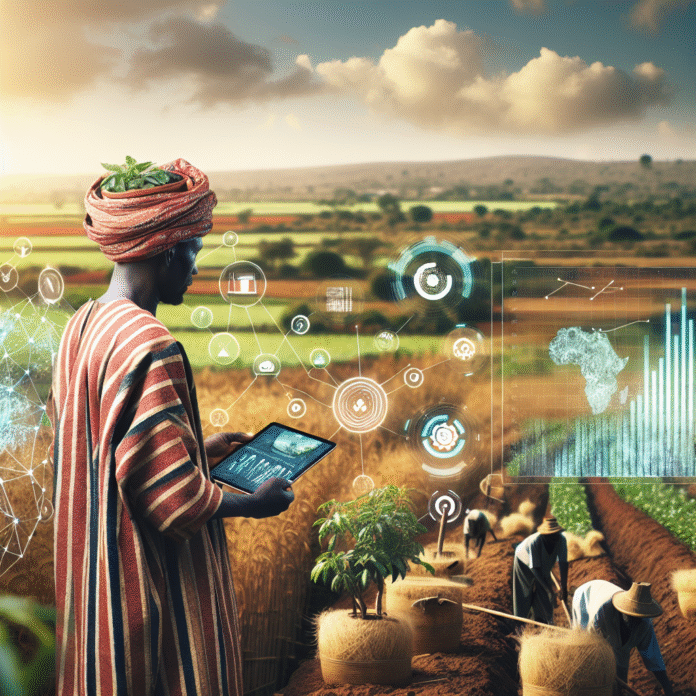African Agriculture Requires a Data Revolution for Transformation
A Data Revolution is Essential for the Transformation of African Agriculture
The agricultural sector in Africa stands at a pivotal crossroads, where the integration of advanced data methodologies can significantly accelerate its transformation. With the continent facing challenges such as climate change, food insecurity, and rapidly growing populations, leveraging data analytics and technology is not just beneficial—it is imperative.
The Current State of African Agriculture
African agriculture is characterized by smallholder farmers who often lack access to modern technology, reliable market information, and essential resources. Despite being a crucial part of the economy, contributing approximately 25% to the continent’s GDP and employing more than 60% of the workforce, the sector has not fully harnessed the potential of data-driven practices. Many farmers rely on traditional methods, which limits productivity and hinders growth.
The Role of Data in Modernizing Agriculture
Data can play a transformative role in various aspects of agriculture, from improving crop yields to enhancing supply chain efficiency. By utilizing data analytics, farmers can gain insights into weather patterns, soil health, and market trends, enabling them to make informed decisions.
For instance, precision agriculture techniques, which rely on data collected from various sources, can help farmers optimize the use of resources such as water, fertilizer, and pesticides. This not only leads to better yields but also promotes sustainable farming practices that are increasingly vital in the face of environmental challenges.
Enhancing Access to Information
One of the significant barriers to the effective use of agricultural data in Africa is the lack of access to information. Many farmers are not connected to digital networks or lack the necessary tools to analyze data. Bridging this gap requires investment in digital infrastructure, including mobile technology and internet access, especially in rural areas.
Innovative solutions such as mobile apps and SMS services can provide farmers with real-time information on weather forecasts, pest outbreaks, and market prices, empowering them to make better decisions. Furthermore, training programs that focus on data literacy will equip farmers with the skills needed to leverage these tools effectively.
The Importance of Collaboration
For a successful data revolution in African agriculture, collaboration among various stakeholders is crucial. Government agencies, private sector players, and research institutions must work together to create a cohesive data ecosystem. Public-private partnerships can facilitate investments in technology and infrastructure while ensuring that data collected is shared and utilized effectively.
International organizations and NGOs can also play a vital role by providing technical support and funding for data-driven initiatives. By fostering an environment of collaboration, Africa can develop a robust agricultural data infrastructure that benefits all stakeholders.
Conclusion: A Call to Action
To fast-track the transformation of African agriculture, a comprehensive data revolution is needed. By embracing technology and data-driven practices, the continent can enhance productivity, ensure food security, and support sustainable development. It is time for Africa to harness the power of data, enabling farmers to thrive in an increasingly complex agricultural landscape. The path forward requires commitment from all sectors to invest in technology, enhance connectivity, and promote collaboration—ultimately paving the way for a more prosperous and sustainable agricultural future.


